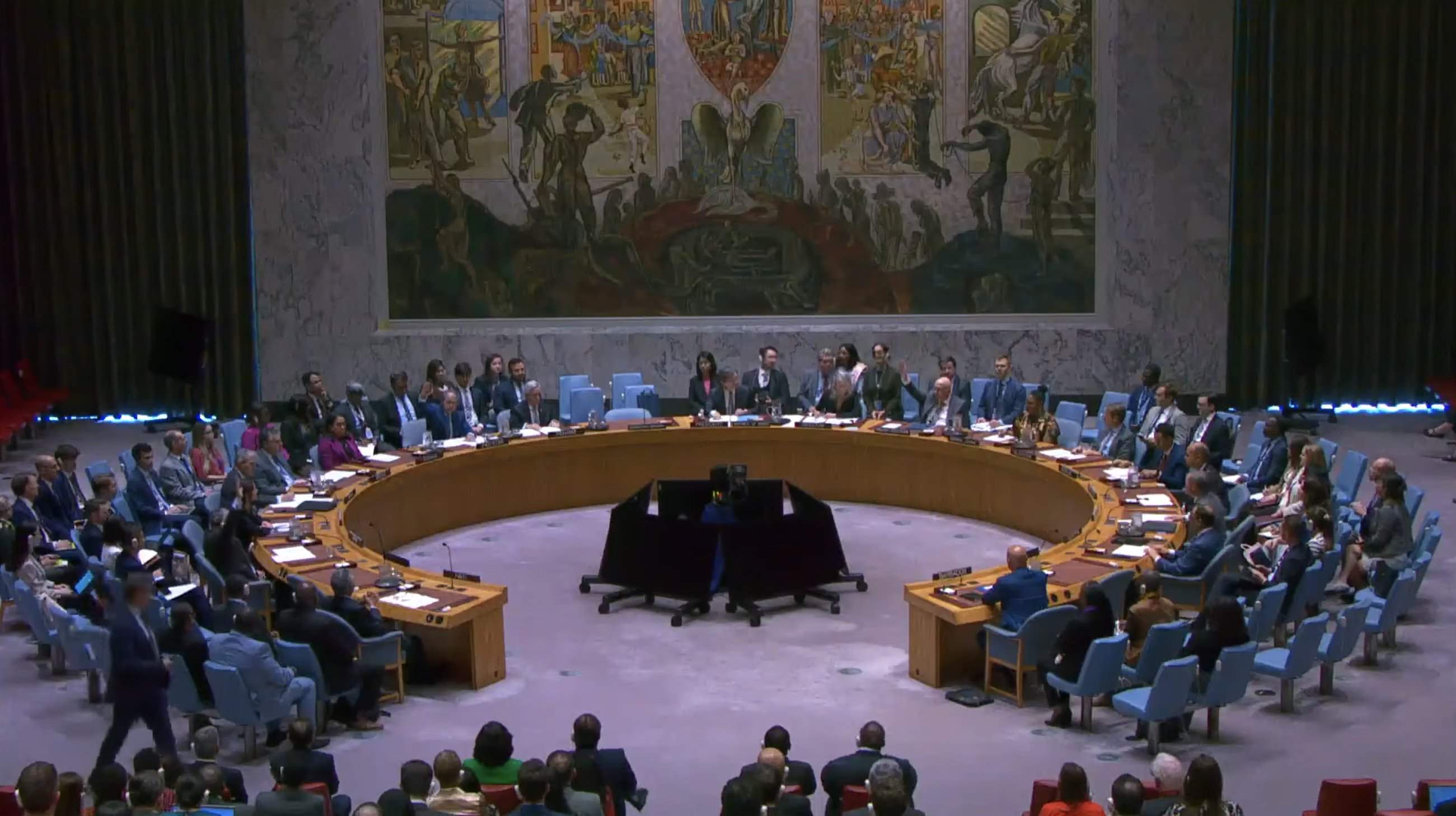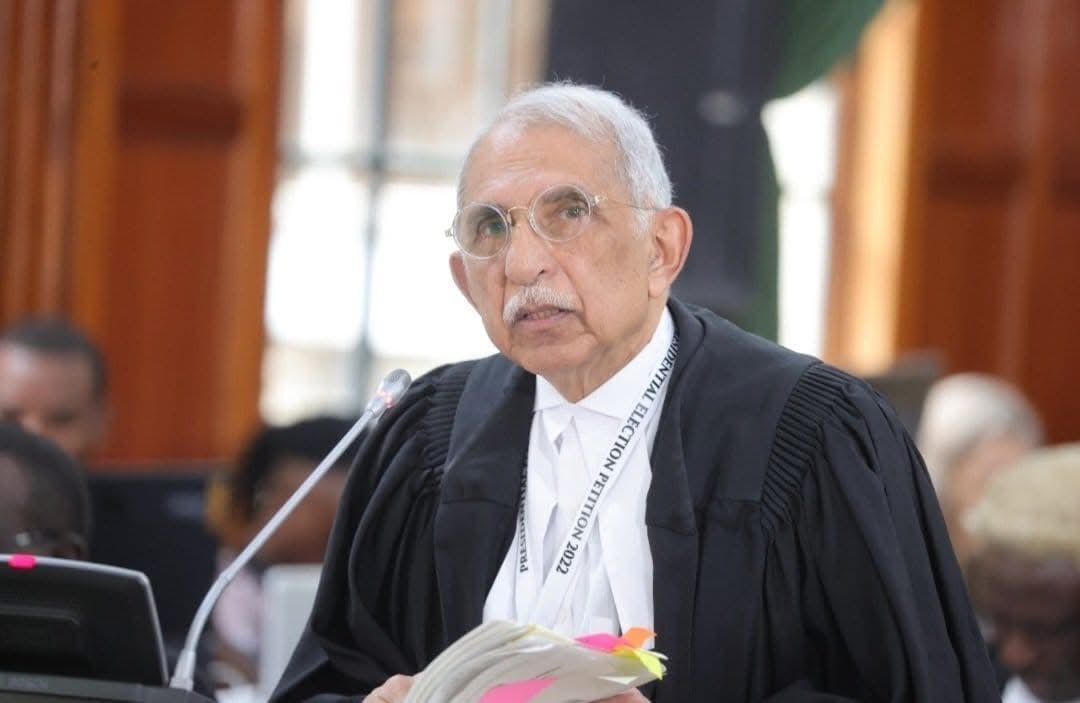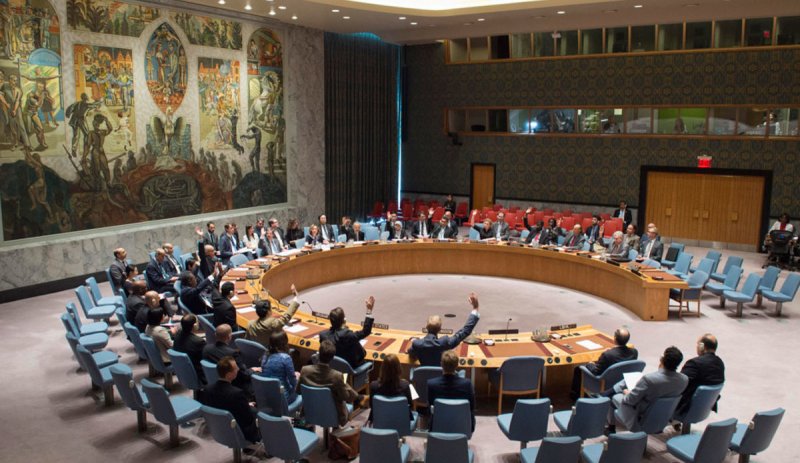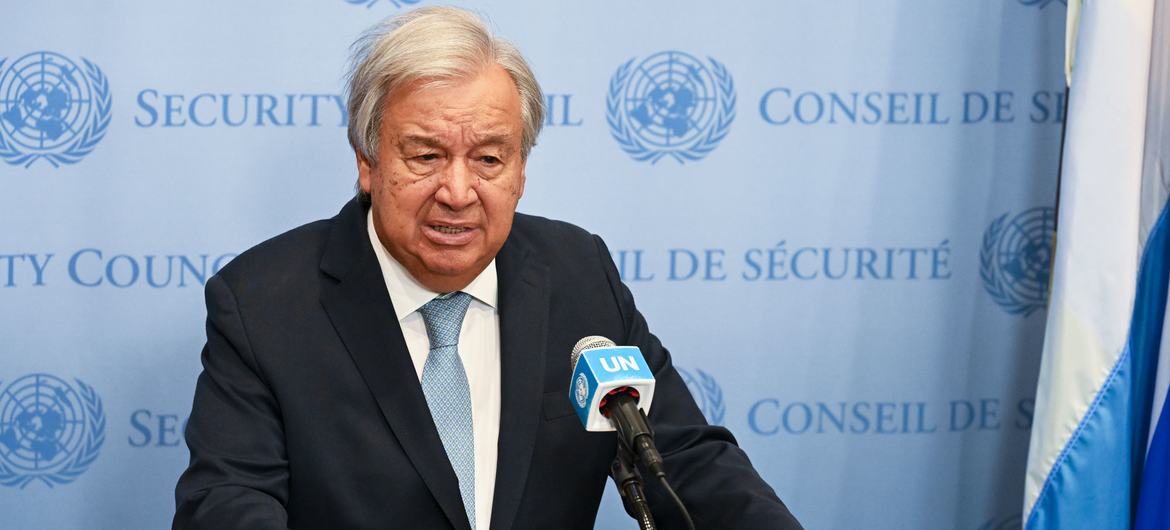High Court declines to stop DP Gachagua's Senate impeachment hearing
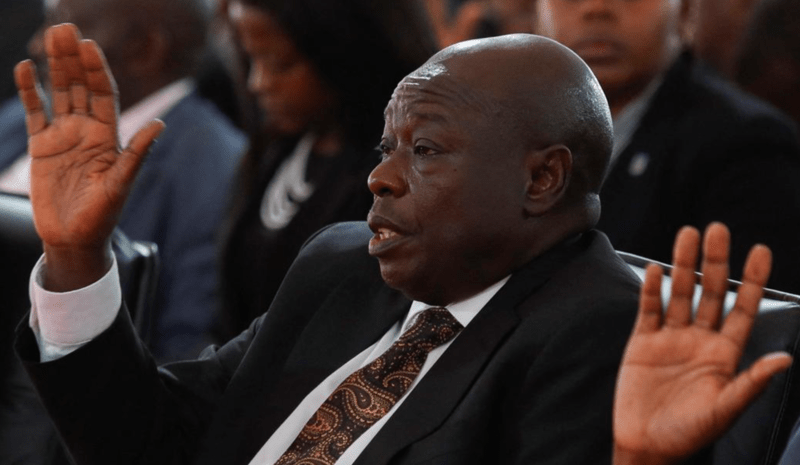
Gachagua will be kicked out of the office before the end of this week if his legal team does not secure the conservatory orders.
The High Court, on Tuesday, declined to grant conservatory orders halting the Senate from proceeding with the impeachment proceedings against Deputy President Rigathi Gachagua.
Justice Chacha Mwita, however, noted that in light of the issues raised in the petition, which are connected to matters already consolidated before a three-judge bench, he would certify the petition as raising fundamental questions of law.
More To Read
- Senate committee approves Bill protecting governors from early impeachment
- Senate targets KEMSA in plan to turn devolved institutions into executive agencies
- Senate convenes special sitting to hear Governor Nyaribo’s impeachment charges
- Senate summons Isiolo, Kericho governors for skipping audit hearings
- Governance Committee orders mandatory audit attendance for university heads
- Government to reunite 44,000 children in private orphanages with their families by 2032
He ordered that the file be placed before Chief Justice Martha Koome to consider appointing another even number of judges to hear the petition.
The CJ may, alternatively, forward the file to the three-judge bench she appointed earlier on to hear other petitions challenging Gachagua's impeachment.
The judge reiterated that the issues that Gachagua raised in the petition included fundamental questions of the law and public interest.
Mwita specifically observed that this case marks the first instance of a deputy president being removed from office through impeachment, thereby establishing a precedent for similar future occurrences.
Gachagua argued that the ongoing impeachment is happening in violation of his constitutional rights of fair administrative action, contrary to Article 50(1) of the constitution. He is, therefore, seeking to have the proceedings halted pending the hearing of his petition to permanently block the exercise.
But the National Assembly's lawyer, Peter Wanyama, disputed and insisted that Gachagua was accorded the opportunity to defend himself against the accusations that led to his removal from office.
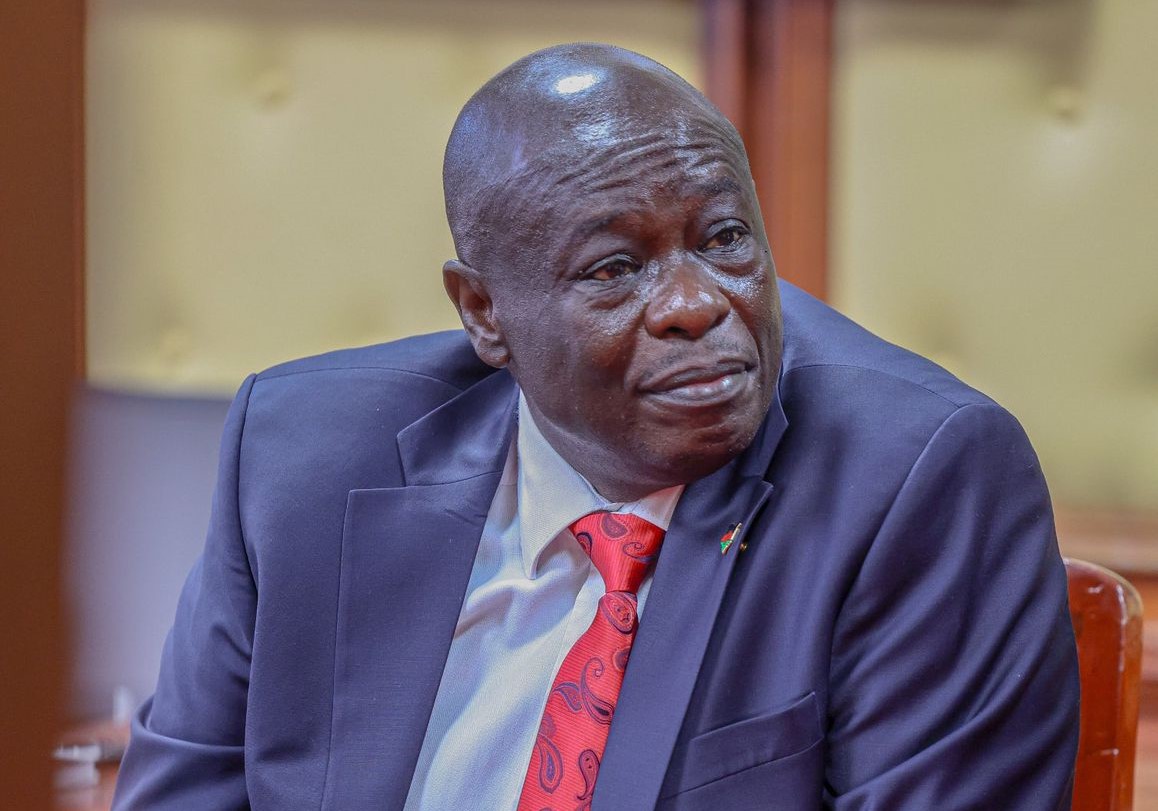 Deputy President Rigathi Gachagua appears before the National Assembly when it voted to impeach him from office, on October 8, 2024. (Photo: Handout)
Deputy President Rigathi Gachagua appears before the National Assembly when it voted to impeach him from office, on October 8, 2024. (Photo: Handout)
Gachagua was accused of corruption and money laundering, in which he is accused of amassing a questionable wealth of Sh5.2 billion within the two years he has been in office, and tribalism, among others.
However, the outgoing DP maintains that he has been condemned unheard, and the process of public participation to evaluate the suitability to serve in office did not meet the requirements set by the constitution under Article 118 of the constitution.
Gachagua's lead lawyer, Senior Counsel Paul Muite, maintained that the public participation exercise was shambolic.
To demonstrate this, Muite cited Keiyo South constituency in Elgeyo Marakwet County, where he alleged that records indicated that 43 people participated in the exercise, but the outcome indicated that 71 supported the impeachment while three opposed the ouster.
The National Assembly and Senate had urged the court not to grant the orders sought by the Deputy President, arguing that the parliamentary process was constitutional and that the petitioner had the opportunity to seek legal recourse if he disagreed with the outcome of the proceedings.
Gachagua will be kicked out of the office before the end of this week if his legal team does not secure the conservatory orders before the uneven three-judge bench comprising Eric Ogola, Freda Mugambi, and Anthony Murima, Gachagua.
He will also be barred from permanently holding public office.
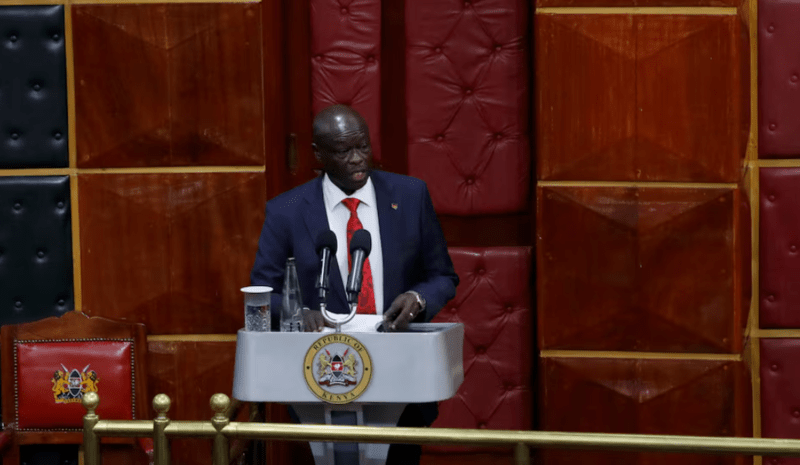 Kenya's Deputy President Rigathi Gachagua addresses legislators ahead of the lawmakers' vote over his impeachment motion at the Parliament buildings in Nairobi, Kenya October 8, 2024. (Reuters)
Kenya's Deputy President Rigathi Gachagua addresses legislators ahead of the lawmakers' vote over his impeachment motion at the Parliament buildings in Nairobi, Kenya October 8, 2024. (Reuters)
Top Stories Today



